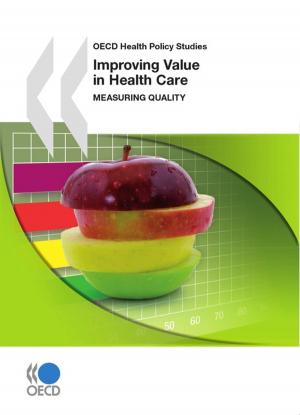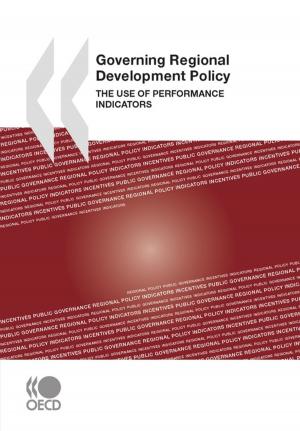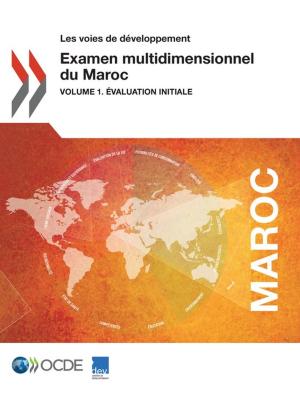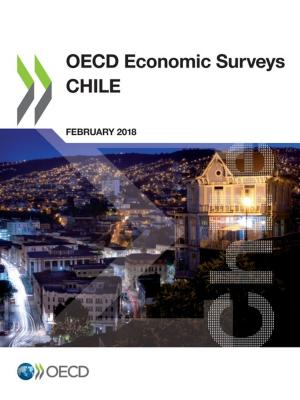| Author: | Collective | ISBN: | 9789264083981 |
| Publisher: | OECD | Publication: | April 27, 2010 |
| Imprint: | OECD | Language: | English |
| Author: | Collective |
| ISBN: | 9789264083981 |
| Publisher: | OECD |
| Publication: | April 27, 2010 |
| Imprint: | OECD |
| Language: | English |
More than one-third of Official Development Assistance is spent annually on fragile and conflict-affected countries. Nonetheless, aid does not always flow promptly and effectively to where it is most needed, especially in countries recovering from conflict. The Accra Agenda for Action, recent peer reviews by the OECD Development Assistance Committee (OECD DAC) and the UN Secretary-General’s report “Peacebuilding in the Immediate Aftermath of Conflict” agree: international engagement is less than optimal, especially in guiding and implementing transition financing processes.
While many determining forces in fragile and conflict-affected countries are outside donor control, decisions about which activities to finance and how to finance them influence these countries’ path out of conflict. This is because financing is about much more than the flow of resources: it affects behaviour, aid architecture, power and influence, priorities, and capacity development. And because it signals approval or disapproval, there is no neutral choice: a financing decision has consequences that go far beyond the timescale and scope of the funded activity.
This report will help OECD DAC members and partners to map out more effective, rapid and flexible transition financing. This includes improving current policies and practices in financial flows, implementing procedural and cultural changes in donor administrations, and maximising use of the instruments available for in-country transition financing. The report also addresses improving the operational effectiveness of pooled funding instruments, clarifying the link between funding instruments and national ownership, and adopting a new approach to identify and prioritise specific transition needs.
More than one-third of Official Development Assistance is spent annually on fragile and conflict-affected countries. Nonetheless, aid does not always flow promptly and effectively to where it is most needed, especially in countries recovering from conflict. The Accra Agenda for Action, recent peer reviews by the OECD Development Assistance Committee (OECD DAC) and the UN Secretary-General’s report “Peacebuilding in the Immediate Aftermath of Conflict” agree: international engagement is less than optimal, especially in guiding and implementing transition financing processes.
While many determining forces in fragile and conflict-affected countries are outside donor control, decisions about which activities to finance and how to finance them influence these countries’ path out of conflict. This is because financing is about much more than the flow of resources: it affects behaviour, aid architecture, power and influence, priorities, and capacity development. And because it signals approval or disapproval, there is no neutral choice: a financing decision has consequences that go far beyond the timescale and scope of the funded activity.
This report will help OECD DAC members and partners to map out more effective, rapid and flexible transition financing. This includes improving current policies and practices in financial flows, implementing procedural and cultural changes in donor administrations, and maximising use of the instruments available for in-country transition financing. The report also addresses improving the operational effectiveness of pooled funding instruments, clarifying the link between funding instruments and national ownership, and adopting a new approach to identify and prioritise specific transition needs.















